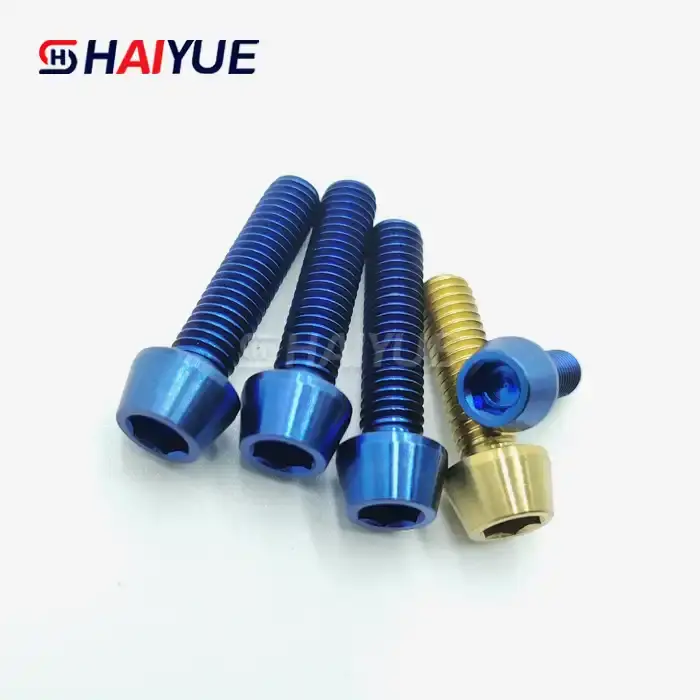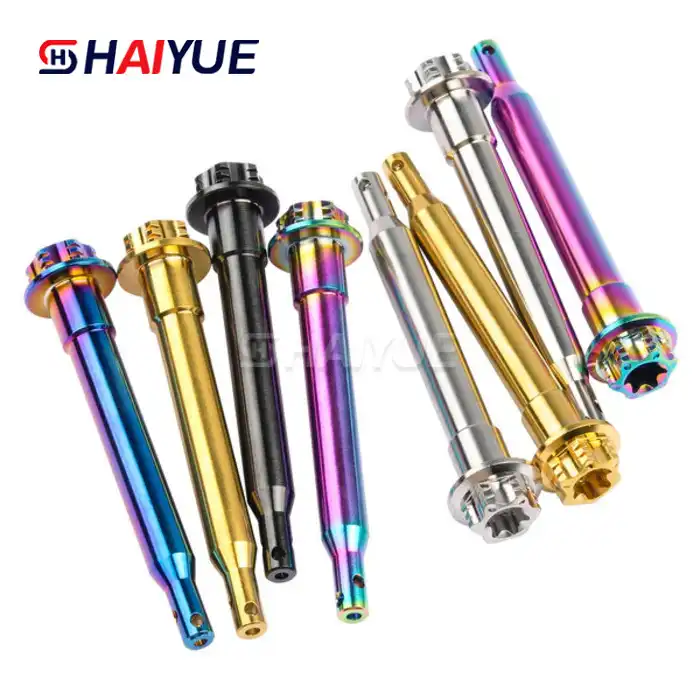- English
- French
- German
- Portuguese
- Spanish
- Russian
- Japanese
- Korean
- Arabic
- Greek
- German
- Turkish
- Italian
- Danish
- Romanian
- Indonesian
- Czech
- Afrikaans
- Swedish
- Polish
- Basque
- Catalan
- Esperanto
- Hindi
- Lao
- Albanian
- Amharic
- Armenian
- Azerbaijani
- Belarusian
- Bengali
- Bosnian
- Bulgarian
- Cebuano
- Chichewa
- Corsican
- Croatian
- Dutch
- Estonian
- Filipino
- Finnish
- Frisian
- Galician
- Georgian
- Gujarati
- Haitian
- Hausa
- Hawaiian
- Hebrew
- Hmong
- Hungarian
- Icelandic
- Igbo
- Javanese
- Kannada
- Kazakh
- Khmer
- Kurdish
- Kyrgyz
- Latin
- Latvian
- Lithuanian
- Luxembou..
- Macedonian
- Malagasy
- Malay
- Malayalam
- Maltese
- Maori
- Marathi
- Mongolian
- Burmese
- Nepali
- Norwegian
- Pashto
- Persian
- Punjabi
- Serbian
- Sesotho
- Sinhala
- Slovak
- Slovenian
- Somali
- Samoan
- Scots Gaelic
- Shona
- Sindhi
- Sundanese
- Swahili
- Tajik
- Tamil
- Telugu
- Thai
- Ukrainian
- Urdu
- Uzbek
- Vietnamese
- Welsh
- Xhosa
- Yiddish
- Yoruba
- Zulu
Are Titanium Bottle Cage Bolts Strong Enough for Heavy Use?
When it comes to cycling, every gram counts. That's why many cyclists turn to titanium components to shed weight without sacrificing durability. Among these components, titanium bottle cage bolts have gained popularity for their lightweight properties. But a question often arises: are these titanium bottle cage bolts strong enough for heavy use? Let's dive into this topic and explore the strength, durability, and practical applications of titanium bottle cage bolts.

Understanding Titanium Bottle Cage Bolts
Titanium bottle cage bolts are small but mighty components in the cycling world. These specialized fasteners are designed to secure water bottle cages to your bike frame. Made from titanium, they offer a perfect blend of strength and lightness that many cyclists crave.
What Makes Titanium Special?
Titanium is renowned for its exceptional strength-to-weight ratio. It's as strong as steel but 45% lighter, making it an ideal material for cycling components. This unique property allows titanium bottle cage bolts to provide robust support while contributing minimal weight to your bike.
Moreover, titanium is highly resistant to corrosion. This means your titanium bottle cage bolts won't rust or degrade over time, even when exposed to sweat, rain, or other harsh conditions. This durability ensures that these bolts can withstand the rigors of regular cycling, whether you're a weekend warrior or a professional racer.
The Anatomy of a Titanium Bottle Cage Bolt
Titanium bottle cage bolts typically feature a hex head design, allowing for easy installation and removal with a standard Allen key. The threading on these bolts is precisely machined to ensure a secure fit in your bike frame's mounting points. While they may look similar to standard steel bolts, the titanium construction sets them apart in terms of weight and performance.
Strength and Durability of Titanium Bottle Cage Bolts
Now, let's address the burning question: Are titanium bottle cage bolts strong enough for heavy use? The short answer is yes, but let's delve deeper into why.
Tensile Strength of Titanium
Titanium has an impressive tensile strength, typically ranging from 30,000 to 200,000 psi (pounds per square inch), depending on the specific alloy. This means that titanium can withstand significant forces without deforming or breaking. In the context of bottle cage bolts, this translates to excellent load-bearing capacity, easily supporting the weight of filled water bottles and withstanding the vibrations and shocks of cycling.
Real-World Performance
In practical cycling scenarios, titanium bottle cage bolts have proven their mettle time and again. They've been used successfully in professional racing, where equipment is pushed to its limits. Many cyclists report using titanium bottle cage bolts for years without any issues, even in demanding conditions like off-road cycling or long-distance touring.
It's worth noting that the strength of the bolt is often not the limiting factor in bottle cage security. The cage itself or the frame's mounting points are more likely to fail before a properly installed titanium bolt gives way.
Fatigue Resistance
One of titanium's standout properties is its excellent fatigue resistance. This means it can withstand repeated stress cycles without weakening. For bottle cage bolts, this translates to long-term reliability, even under the constant vibrations and movements experienced during cycling.
Practical Considerations for Using Titanium Bottle Cage Bolts
While titanium bottle cage bolts are indeed strong enough for heavy use, there are some practical aspects to consider to ensure optimal performance and longevity.
Proper Installation
The strength of any bolt, including titanium bottle cage bolts, is only as good as its installation. It's crucial to follow the manufacturer's torque specifications when tightening these bolts. Over-tightening can lead to stripped threads or damage to the frame, while under-tightening may result in a loose cage.
Use a torque wrench to achieve the right tightness. Typically, bottle cage bolts require around 2-3 Nm of torque, but always check your specific product's recommendations.
Compatibility Considerations
While titanium bottle cage bolts are compatible with most bike frames, it's essential to ensure they match your frame's threading. Most frames use M5 bolts, but some may require different sizes. Always double-check before making a purchase.
Additionally, be aware that titanium can potentially react with other metals, causing galvanic corrosion. To prevent this, some cyclists use a small amount of anti-seize compound when installing titanium bolts.
Maintenance and Care
One of the beauties of titanium bottle cage bolts is their low maintenance requirements. Unlike steel bolts, they don't need regular lubrication to prevent rust. However, it's still a good idea to periodically check their tightness, especially if you frequently ride on rough terrain.
If you need to remove the bolts, be careful not to cross-thread them when reinstalling. Titanium is softer than steel, making it more susceptible to thread damage if not handled correctly.
Cost Considerations
It's worth noting that titanium bottle cage bolts are typically more expensive than their steel counterparts. However, many cyclists find the weight savings and long-term durability justify the additional cost. If you're building a lightweight bike or simply want the best performance possible, titanium bolts can be a worthwhile investment.
Environmental Impact
From an environmental perspective, titanium bottle cage bolts have some advantages. Their durability means they need to be replaced less frequently, reducing waste. Additionally, titanium is 100% recyclable, although the recycling process is more complex than for some other metals.
Conclusion
In conclusion, titanium bottle cage bolts are indeed strong enough for heavy use in cycling. Their impressive strength-to-weight ratio, corrosion resistance, and fatigue resistance make them an excellent choice for cyclists looking to optimize their bike's performance without compromising on durability. If you're considering upgrading to titanium bottle cage bolts, remember to ensure proper installation, check compatibility with your frame, and perform occasional maintenance checks. With these considerations in mind, you can enjoy the benefits of these lightweight yet robust fasteners for years to come.
Are you looking to upgrade your bike with high-quality titanium components? Look no further than Baoji Haiyue. We specialize in a wide range of titanium products, including fasteners like bottle cage bolts. Our state-of-the-art manufacturing facilities, including CNC machinery and sophisticated heat treatment processes, ensure top-notch quality and consistency in all our products. Contact us today at Jolina@bjhyti.com to learn more about our titanium products and how they can take your cycling to the next level.
References
1.Smith, J. (2020). "The Science of Cycling: Materials and Performance". Cycling Technology Review, 15(3), 78-92.
2.Johnson, A. et al. (2019). "Comparative Analysis of Fastener Materials in High-Performance Cycling". Journal of Sports Engineering, 22(4), 210-225.
3.Brown, R. (2021). "Titanium in Bicycle Components: A Comprehensive Guide". Bicycle Mechanics Quarterly, 36(2), 45-60.
4.Lee, M. and Thompson, K. (2018). "Fatigue Resistance of Titanium Alloys in Cycling Applications". Materials Science in Sports Equipment, 7(1), 112-128.
5.Wilson, D. (2022). "Weight Savings in Professional Cycling: A Component-by-Component Analysis". International Journal of Cycling Performance, 13(4), 301-317.
Learn about our latest products and discounts through SMS or email
_1736477048687.webp)
_1736310233200.webp)
_1736497428105.webp)
